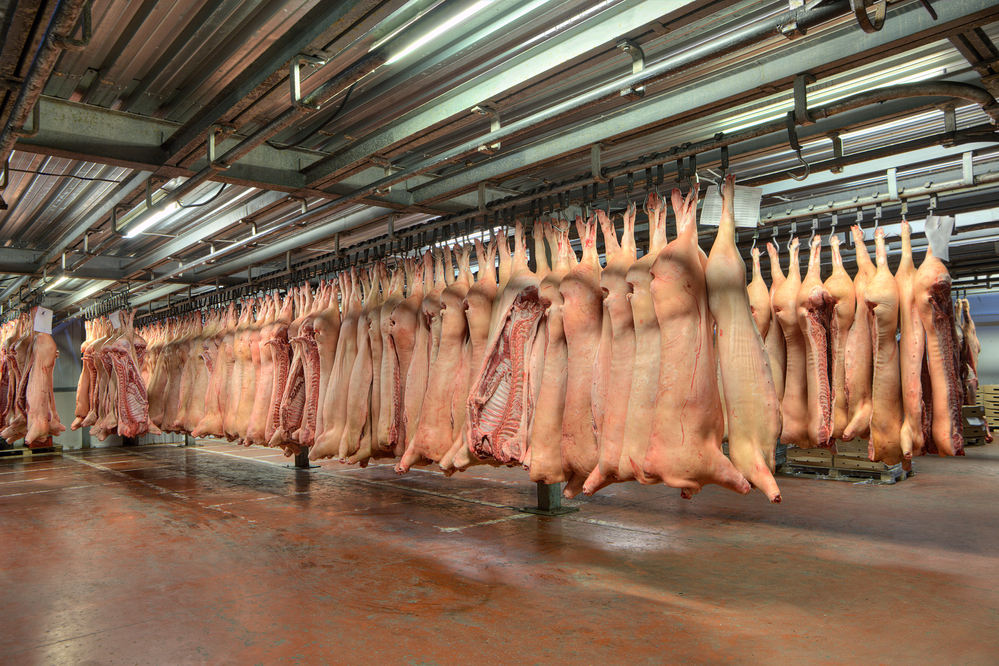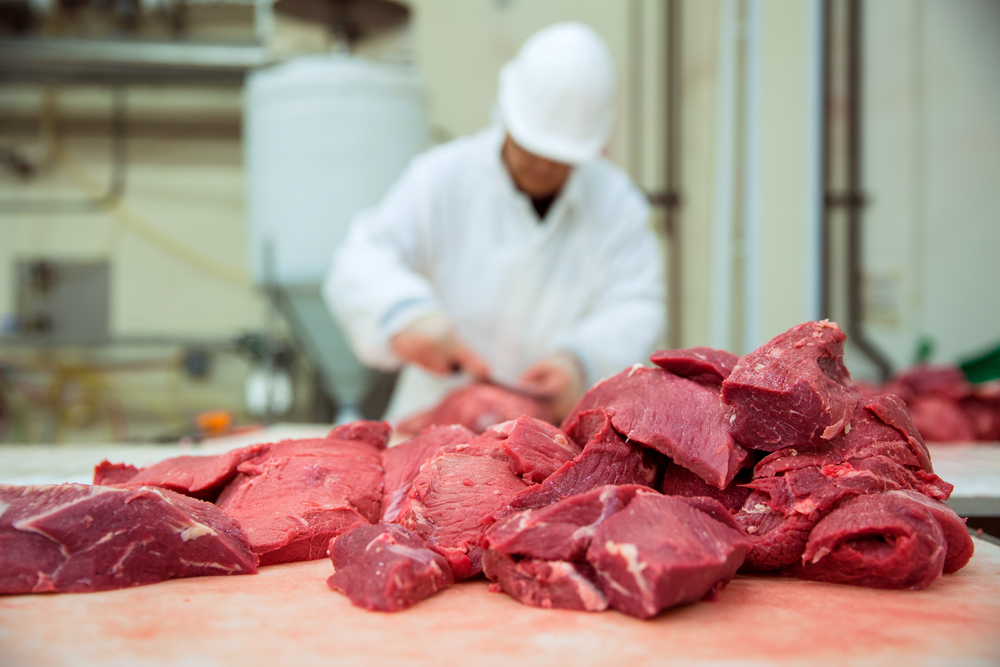Having the right amount of top-quality food supplies is essential in the food business. When you’re planning to stock up on meat for your restaurant or catering company, you need to do your homework when choosing among bulk meat suppliers.
The main priority is to serve customers the most excellent food products – at prices you can afford. With this consideration, we’ll share some tips on how to find a bulk meat supplier and how best to work with them.
Quality, Price, Freshness, and Availability
As a restaurant manager or catering business owner, you’ll need to find the perfect combination of quality, price, freshness, and availability. If you don’t find the right balance among these important factors, you risk the safety and health of your customers.
In today’s post, we’ll share what information you should check with bulk meat suppliers to help you choose the right one to work with.
Visiting the Facility
One of the most effective ways to find reputable bulk meat suppliers is to pay a visit to their facilities. By doing so, you can see for yourself how the process of storage and handling of meat products are done.
When it’s possible, select from bulk meat suppliers that are not more than one hour drive away from your business location. Go online and see what local bulk meat suppliers are available within your area.

If an online search doesn’t yield any results, reach out to other restaurant and catering businesses to get their recommendations. This way, you can also get trusted reviews from prospective bulk meat suppliers. It’s good to trust the word of your fellow restaurant and catering business owners.
While it’s true that they are considered your competition, you are all in the same industry. Therefore, unity and camaraderie must prevail.
Ideally, bulk meat suppliers do their slaughtering, storing, packing, and handling processes in-house. They will be able to share with you the following information:
- Is there any difference between the package date and the date of slaughter?
- Are the beef, chicken, and pork grown and acquired locally? This is a significant selling pitch for a lot of small and independently-owned catering and restaurant businesses.
- How were the cows, chickens, pigs, and lambs raised and fed?
- Were the seafood or fish farm-raised or caught in the wild?
Inspection of the Facility
When you have questions above answered, it’s time to do an actual inspection of the facility. When you visit them, make sure to scrutinize the following.

- Check the overall condition of the facility. What is their cleanliness like? Check the inside and outside of the building.
- Look at the freezers and refrigerators. There must be sufficient space between freezers and refrigerators. As for the temperatures, see what the facility manager’s temperature settings are. You can also ask them how they manage to control the temperatures throughout the day.
- Are there any unpleasant odors? While it’s not uncommon to have a distinct smell at facilities of bulk meat suppliers, there shouldn’t be any foul odor. There also shouldn’t be an overwhelming smell of cleaning materials.
- How are the employees dressed? What’s their hygiene like? Are their hands and fingernails clean and trimmed? Are they working the right sanitation and protective clothing such as gloves, coats, and hairnets?
- Do you see any signs of rodent or insect infestation? If yes, that’s not a good sign. It may be best to move on to the next bulk meat supplier on your list.
Ironing Out Specifications
After inspecting the warehouse of your chosen meat supplier and you’re overall satisfied with what you saw, then it’s time to deal with the specifics. Narrow down the questions you want to ask before you move forward with working with them.
Some of these specifications include:
- What’s your guarantee that deliveries will be fulfilled at the agreed-upon schedule?
- What’s the process of keeping the meat products fresh during transportation?
- What is the refund policy? Will I get a full refund if the meat is contaminated or spoiled?
- How often do your rates change? If there is a price increase, how soon will I get notified?
- What’s your policy on unique and custom orders?
- Is there a minimum amount of orders per day, week, or month?
